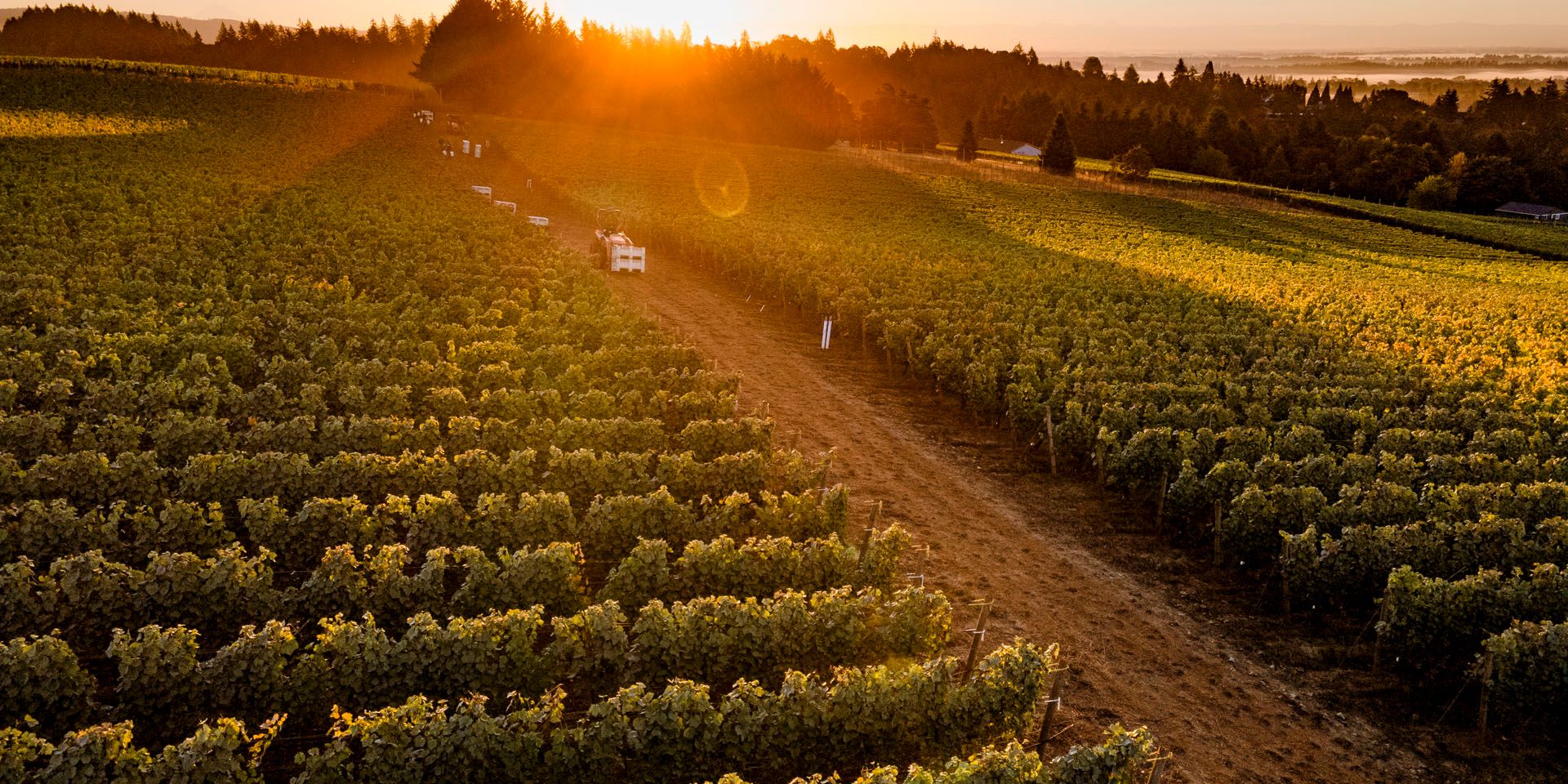Winemaking
A deliberate cellar mentality leads to memorable wines. Every action results from the deep connections we share with our vineyard sites, as well as our unwavering urge to express both the vintage and the distinctive, dramatic locales our vines are rooted in.
Winemaking Philosophy
Our wines reflect long-standing relationships between seasoned winemakers, friends, viticulturists, and remarkable vineyards. We blend our wines to unearth the character of each vineyard, drawn to the synergies that exist within each site. We adjust our approach each year according to the vintage to create what we hope is an undeniable expression of each vineyard site.
Our cellar tactics are closely tied to our vineyard practices and vice versa. A series of tiny, interconnected tasks make our wines distinctive. If we delay a weekly topping, choose to cultivate a vineyard row sooner rather than later, or keep a wine in barrel too long, the wine says something different.
We make quality-driven decisions every day to ensure that the wine is healthy and expressive. We are always exploring, without ever losing sight of deep-seated traditions. This artistic weaving—performed with conviction every vintage—has made Archery Summit into the brand it is today.
By cherishing the Dundee Hills, we strive to elevate your perception of what Willamette Valley wine can be. Part of that quest involves exploring and enhancing emerging styles, like Pinot Noir and Chardonnay from the Dundee Hills. And while our intrepid team appreciates the Old World, we are steadfast in extending the Willamette Valley’s own winemaking legacy.
“I’ve always believed that great wine is more than what’s in the bottle—it’s about the journey, the land, and the people,” said Kim Abrahams.
At the heart of Archery Summit’s success are the people who bring passion, dedication, and expertise to every bottle we craft. This spring, we proudly raise a glass to Corey Beyer, who is celebrating an incredible 21st vintage with us. His deep connection to our estate and masterful touch in the cellar are woven into the fabric of our wines, shaping their character year after year. We’re also excited to announce the promotion of Nicholas Tucci to Cellar Master. Nicholas brings a dynamic combination of experience, enthusiasm, and a relentless pursuit of excellence to the cellar each day.
Our Archery Summit winemaking team, led by Kim Abrahams, is a tightly knit group of three with 60 collective harvests to their names. Such experience creates a symbiotic bond between producer and place. They are able to interpret the vineyards and growing seasons with highly trained eyes and the skill that comes from nearly three decades of winemaking.
